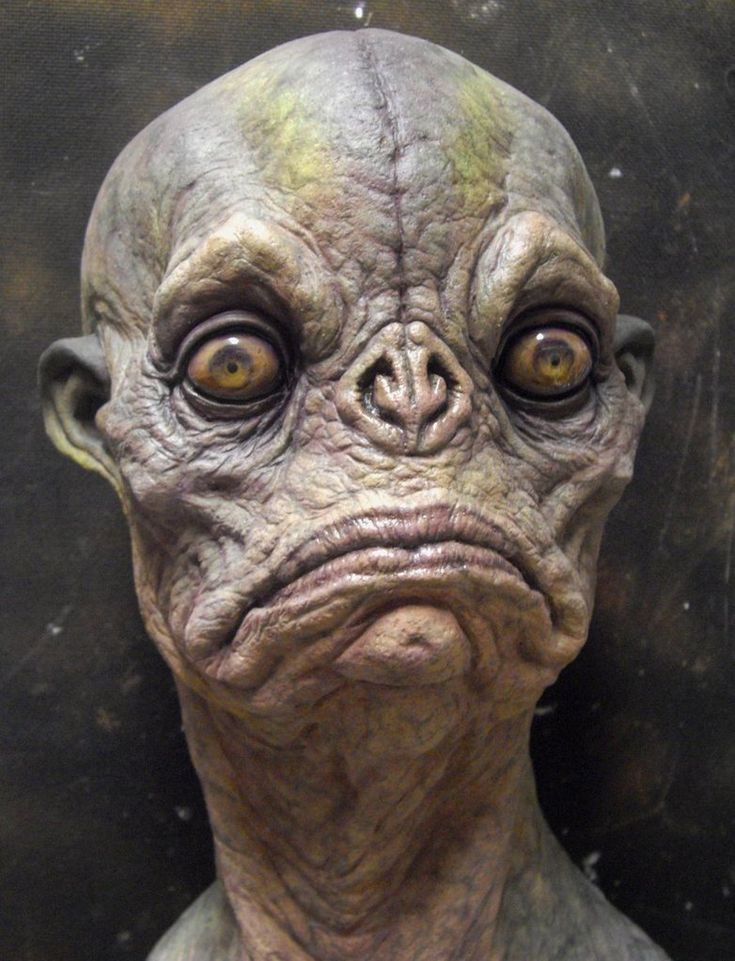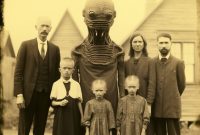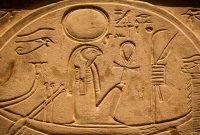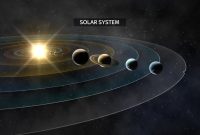The exploration of the concept of aliens and their purported influence on Earth has evolved significantly from ancient times to the present, weaving a fascinating narrative that spans cultures, myths, and technological advancements.
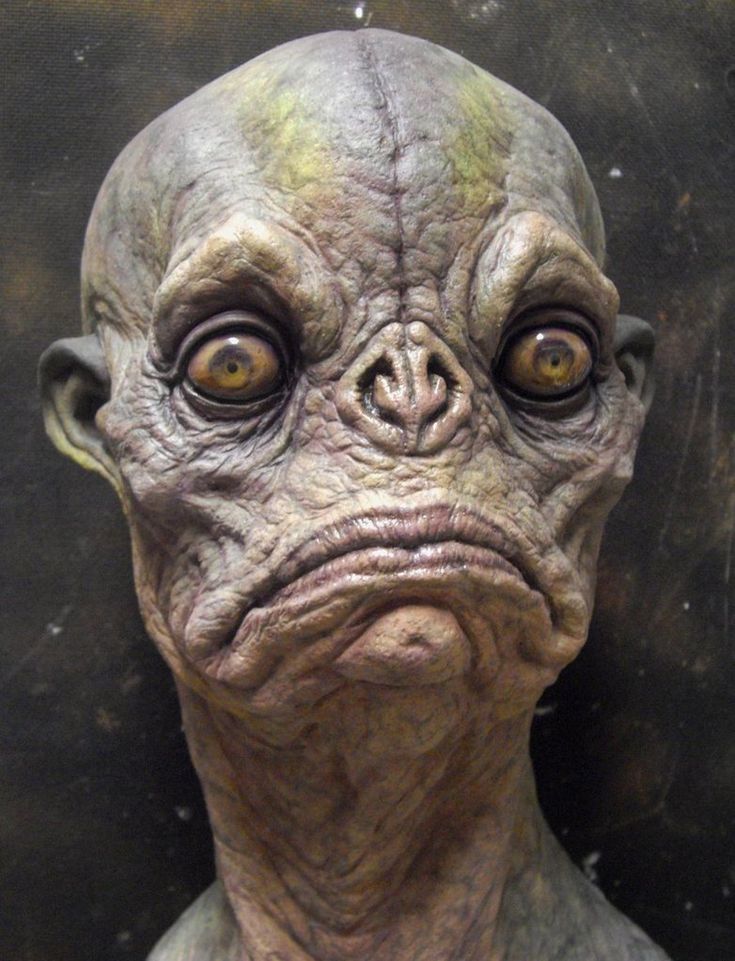
In ancient civilizations, the idea of extraterrestrial beings often manifested in the form of gods or celestial entities. Cultures such as the Sumerians, Egyptians, and Greeks incorporated otherworldly beings into their religious beliefs, attributing natural phenomena, technological advancements, and even the creation of humanity to these divine beings. These early interpretations of aliens reflected an attempt to make sense of the mysteries of the cosmos and the complexities of life on Earth.
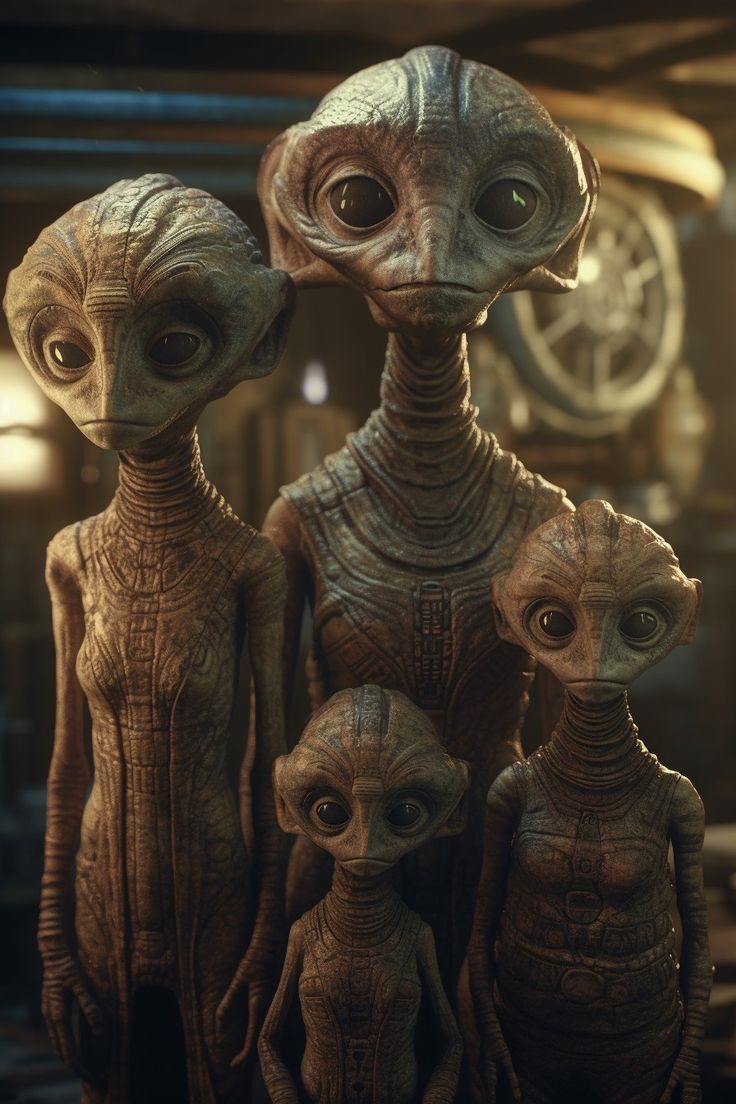
As societies progressed, so did the interpretations of extraterrestrial encounters. The medieval period saw celestial events, such as comets and eclipses, interpreted as omens or signs from higher beings. The idea of angels and demons, often considered as entities not of this world, permeated religious and cultural narratives. However, the concept of aliens, as we understand it today, only began to take shape with the scientific revolution and the emergence of modern astronomy.
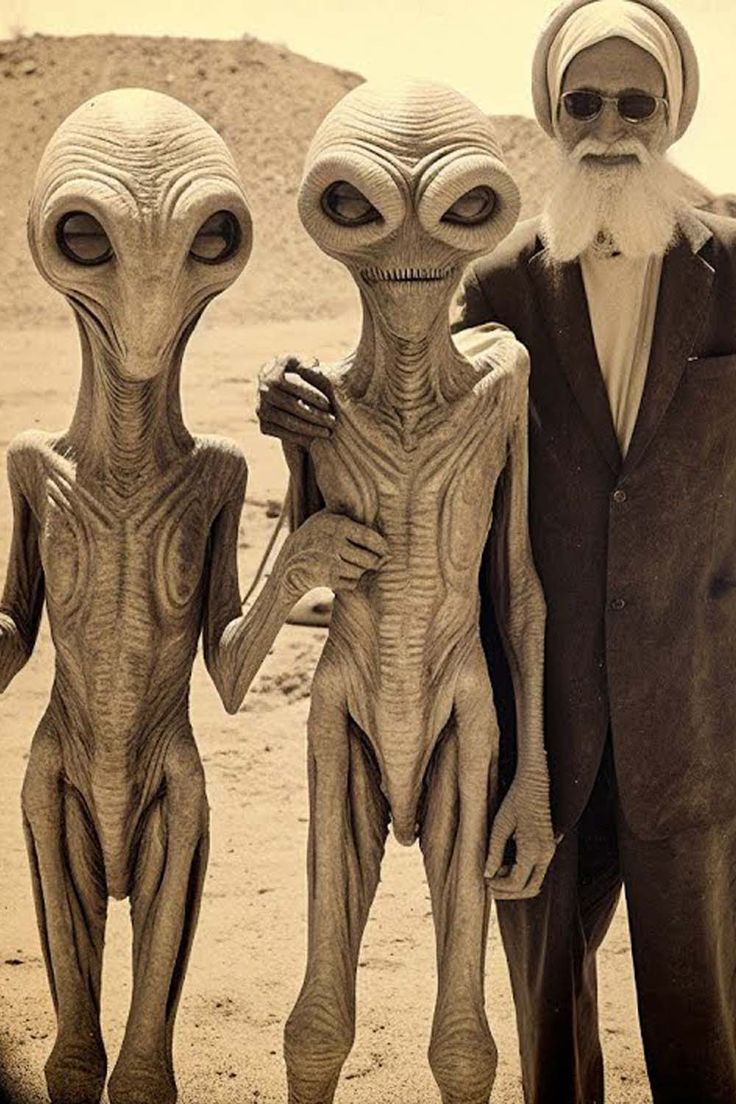
The advent of telescopes and advancements in scientific understanding opened new possibilities for contemplating life beyond Earth. The realization that celestial bodies were not divine entities but rather physical entities similar to Earth sparked speculation about the potential for extraterrestrial life. The concept of life on other planets gained traction, and the idea of advanced civilizations existing elsewhere in the universe became a topic of scientific inquiry.
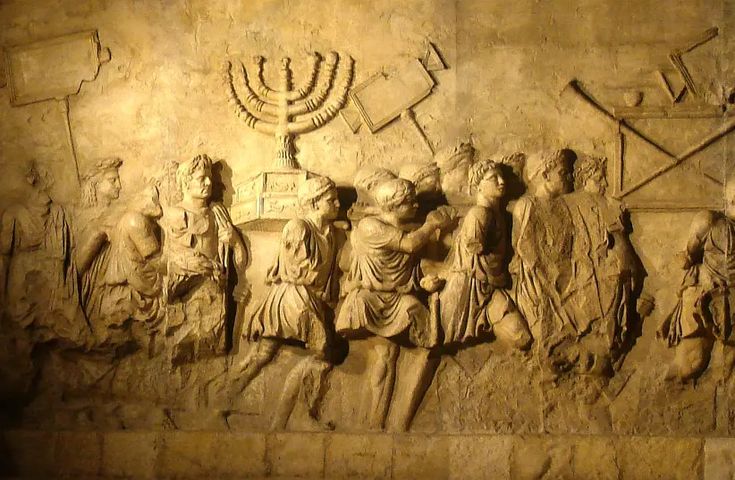
The 20th century brought about a paradigm shift in popular culture regarding aliens. The advent of science fiction literature, movies, and television played a significant role in shaping the public’s perception of extraterrestrial beings. Roswell and other alleged UFO sightings fueled conspiracy theories and speculations about government cover-ups, influencing the collective imagination and contributing to the idea that aliens might be visiting Earth.
In recent decades, advancements in technology, particularly in the field of astrobiology and the discovery of exoplanets, have reinvigorated the scientific exploration of the possibility of extraterrestrial life. The search for microbial life on Mars and the study of potentially habitable exoplanets have become integral components of scientific research.
Today, discussions about aliens encompass a wide range of perspectives, from scientific inquiry to fringe theories. The notion of extraterrestrial life has become deeply ingrained in popular culture, with ongoing debates about the existence of UFOs, government disclosures, and the potential for contact with intelligent beings from other worlds.
In essence, the evolution of the concept of aliens from ancient times to the present reflects humanity’s evolving understanding of the universe, blending ancient mythologies with scientific advancements and cultural influences. The exploration of this topic continues to captivate the human imagination, prompting ongoing inquiry into the mysteries of the cosmos and our place within it.

